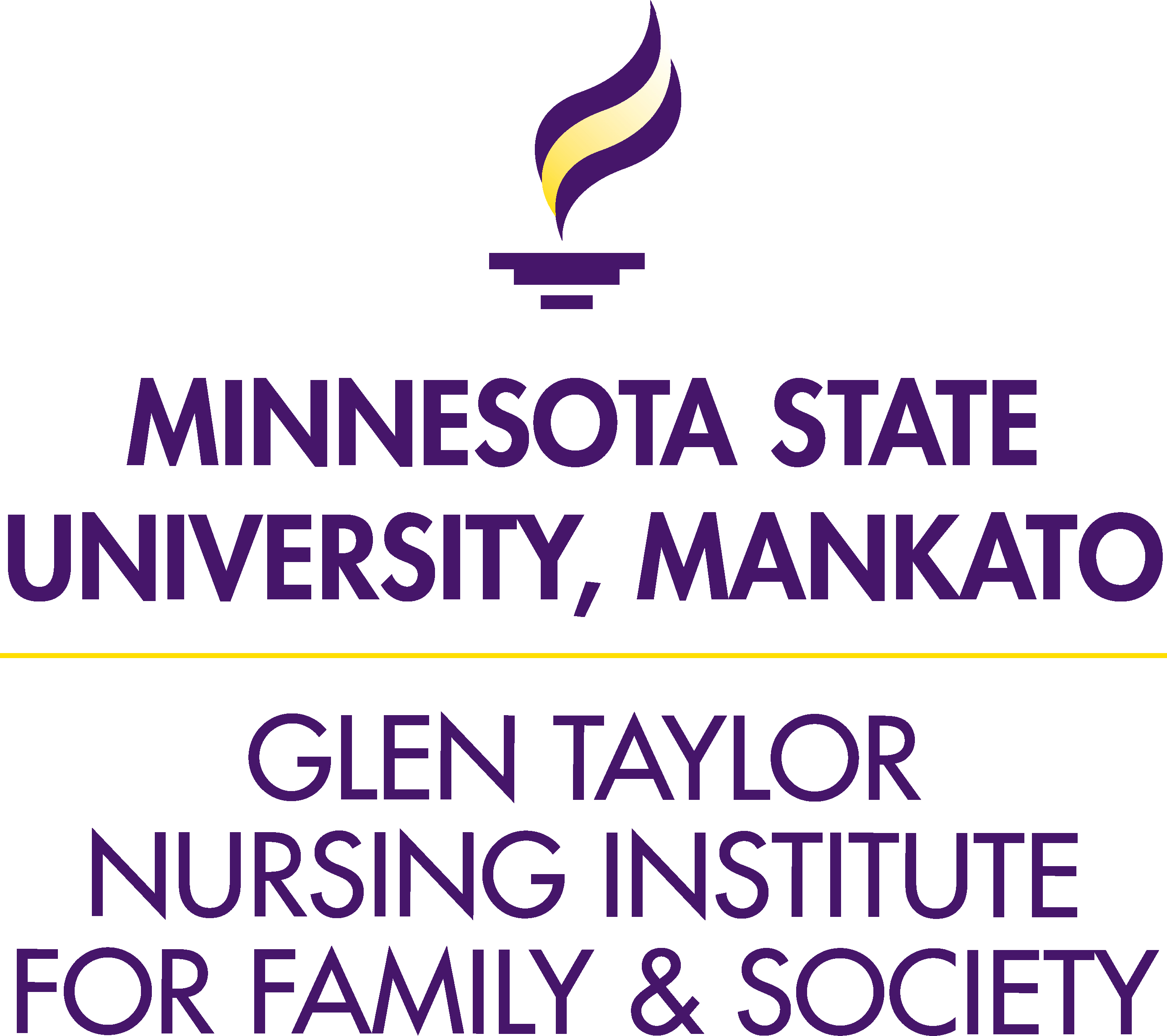This item identifies IFNA members’ concerns and ideas about how best to support them in their role as educators of family nursing. The Education Committee has been meeting by teleconference and aims to respond to the survey results by building a repository of education resources and networking opportunities.
The Education Committee would like to thank you for your responses to the Education Committee Survey that was circulated in the spring of 2011. Approximately a quarter of the IFNA members responded. A summary of the responses is reported below.
Dominant Themes
- Supporting the delivery of family nursing education was regarded as a priority of respondents.
- Facilitating the sharing of education resources was seen to be as most helpful.
- Providing resources and other means of knowledge translation in support of a cultural change towards evidence-informed family nursing education, including influencing outside stakeholders in nurse education across faculty was seen as necessary.
Question 1:
Three main areas of concerns and difficulties related to teaching family nursing
(N = 24)
- Lack of faculty knowledge, support and misperceptions
- Overloaded curricula prohibit sufficient integration of family nursing content
- Lack of resources and specific pedagogical models
Question 2:
Three main areas of focus for education related to family nursing for undergraduate nursing students
(N=24)
- Family-focused approaches/methodologies from commencement of programme
- Emphasis on family science, family member communication and relationship based care
- Clinical practice experiences in working with families
Question 3:
Three main areas of focus for education related to family nursing for graduate nursing students
(N=25)
- Family nursing competencies for assessment and intervention at advanced level
- Integration of family nursing research into graduate/postgraduate study
- Integration of evidence based and outcome orientated curricula for family nursing work across care settings
Question 4:
Education Committee offering support in family nursing education
(N=22)
- Providing access to learning and teaching material, including webinars
- Influence professional bodies to recognise importance of family nursing education
- Facilitate exchanges on educational strategies and best practice developments
Question 5:
Strategies for educating nursing students to family-focused care to shift thinking from individual (MOST LIKELY response reported below)
- Innovative ideas (66.7%; n=27)
- Sharing of learning activities (63.0%; n=27)
- Sharing of syllabi (53.8%; n=26)
- Sharing of educational/teaching resources for clinical teaching (52.0%; n=25)
- Development of nursing faculty development modules (51.9%; n=27)
- Sharing of educational/teaching resources for the classroom (48.1%; n=27)
- Sharing of lesson plans (40.7%; n=27)
Question 6:
Willingness to share a family nursing education-related topic with IFNA members through webinar (MOST LIKELY response reported below)
- No (60%; n=25)
- Yes (40%)
Question 7:
Educational approaches wanting to be engaged in (MOST LIKELY response reported below)
- Website, including asynchronous chat room or discussion group facility (65.4%; n=23))
- Webinar (52.0%; n=25)
- Virtual conference (39.1%; n=23)
- Journal club (27.3%; n=22)
- Monographs (29.2%; n=24)
